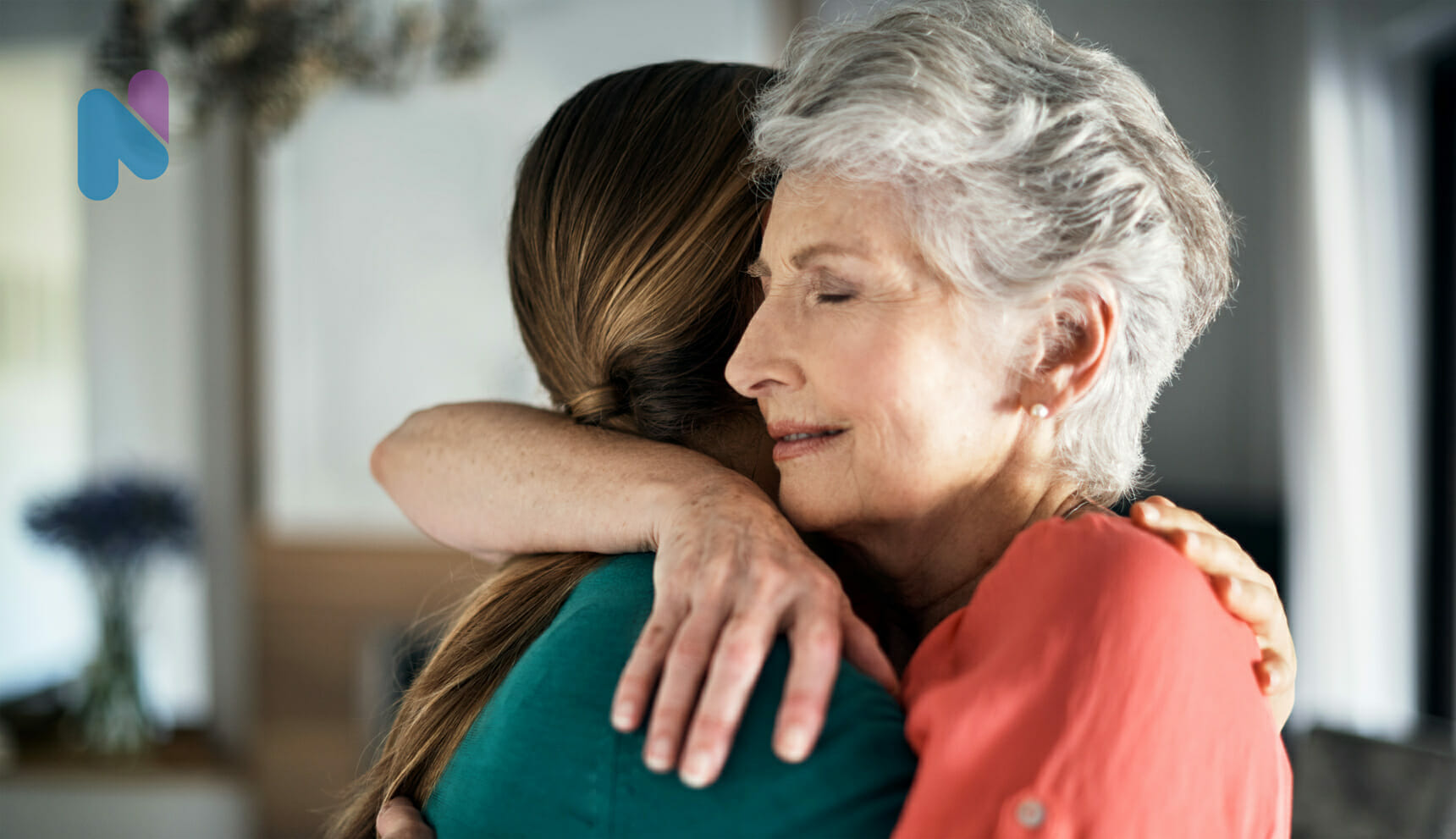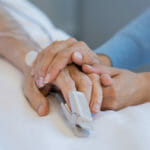Since 2001, the American Chronic Pain Association has claimed September as Pain Awareness Month. Members of ACPA have worked tirelessly to raise awareness of pain and pain management. Now, their efforts are yielding results.
This year, the California Senate recognized September as Pain Awareness Month. In approving this measure, the California Senate asks all Californians to observe the month by participating in pain awareness events, and by learning how to improve the quality of life for people in California suffering from pain.
The approved measure also recognized September 1, 2018 as Women in Pain Awareness Day. In doing so, the California Senate hopes to draw public attention to the gender disparities in pain assessment and treatment in the United States.
Every individual experiences pain in an unique way. It’s important to acknowledge that it is sometimes more difficult for women to get an accurate, prompt diagnosis. Marjorie Jenkins, MD, believes that many of the misdiagnoses are due in part to how health care professionals are educated. In one of her studies, she found that 34.5% of medical students feel prepared to manage sex and gender differences in health care. She suspects that this stems from their education. Students are still learning unisex medicine—they are not learning the differences in symptoms between males and females.
Some conditions exhibit different symptoms in men and women. This can cause difficulties for doctors trying to confirm a diagnosis. The lack of research in women also presents an obstacle, as health care professionals are simply not as informed about what these conditions look like in women.
One shocking hurdle for women is that health care professionals sometimes won’t believe what the woman is experiencing. There was a report released entitled, “The Girl Who Cried Pain”. Women are less likely to receive aggressive treatment when reporting pain. Healthcare providers are more likely to believe that women are overreacting, and that what they are experiencing is “normal”. In some snafus, doctors may diagnose symptoms as a “woman thing”, eliminating any diagnosis outside of the gynecological realm.
When it comes to your health, you should be your biggest self-advocate. If you are experiencing pain, contact your primary care physician.
NurseRegistry offers palliative care services to assist individuals with management of symptoms, pain, and stress brought on by a chronic illness. Our nurses provide palliative care to people of all ages—infants, children, adolescents, adults, and seniors—and support to families, including respite and education for caregivers. For more information on palliative care, call (650) 462-1001 or visit our webpage on palliative care.
If you would like to read the full measure on recognizing September as Pain Awareness Month, visit the California Legislative Information’s website.





